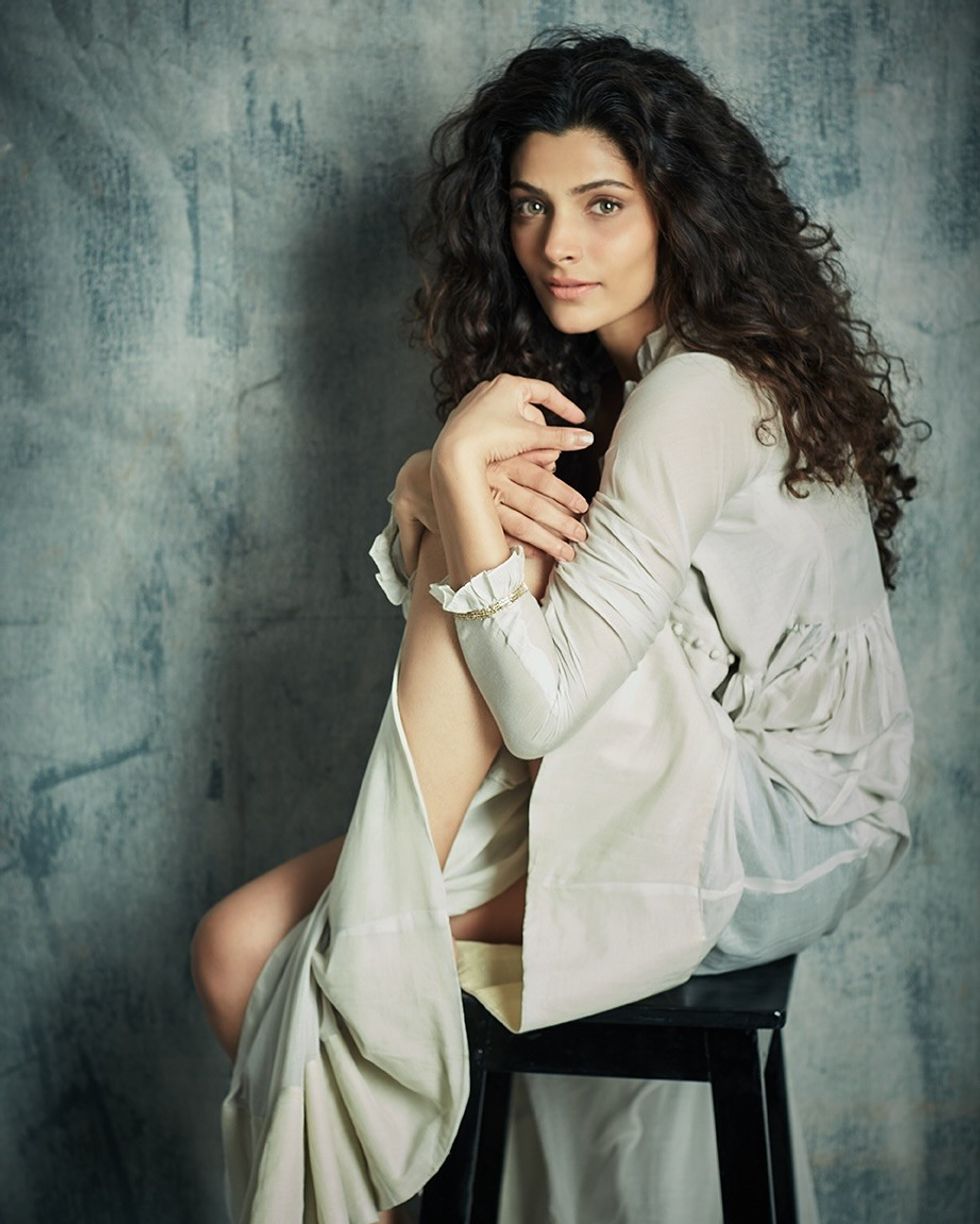You know what’s worse than silence? The kind of silence that sounds like applause. Applause for a director who’s known for "launching careers." Praise for a superstar who’s worshipped on-screen but whispers vile things off it. This is the silence that kept Bollywood’s casting couch culture alive for decades.
Forget the dance numbers and the dreamy close-ups. Strip away the sequins, and you often find something ugly festering in Bollywood's shadows. An ugly tradition that’s still thriving. It’s not new. It’s not gone.
But something is shifting.

Not because some studio rolled out a policy or because men suddenly found a conscience. The shift is because women, real, working, talented women decided they were done keeping secrets. Not just for themselves, but for every other girl sitting in an autorickshaw on her way to a dodgy audition, thinking "Maybe this one will be different."
Let me tell you, these aren't gossip tidbits. These are stories of courage, shame, dignity, and rage. Here's what Bollywood didn’t expect: women who wouldn't just say no but say it out loud.
Surveen Chawla: The one who refused to break
Imagine this: You're married. You think you've earned some respect. Then, sitting in a director's office in Mumbai, discussing work, he lunges to kiss you. That was Surveen's reality. Not once, but multiple times. From being sexually harassed as a child to enduring repeated casting couch proposals, even after marriage, her journey is a full-blown testament to what women face in Indian cinema. She pushed him back. She shouted. She got out. But saying "no" cost her. Roles vanished. Opportunities dried up. She felt so filthy, so dirty just stepping outside her door, she almost quit acting altogether. That’s the price of dignity in this game.

Isha Sharvani: The one who walked away
You know Isha; graceful, poised, electrifying on screen. Then a superstar, the kind of name that makes headlines. He looked at Isha Sharvani, a talented dancer and actress, and didn't see her skill. He saw an object. His demand was blunt, brutal: "Sleep with me." That’s it. No subtlety. Just the raw abuse of power. Isha didn't bargain. She didn't play the game. She packed her bags and walked straight out of Bollywood. The mental strain, the constant fear, it wasn't worth the spotlight. She chose peace over the poison.

Jamie Lever: The industry kid who found out no one’s really safe
Think being a legend's kid buys you safety? Think again. Being Johnny Lever’s daughter didn’t shield Jamie. A man claiming to be an international director asked her to strip on camera for an audition. Jamie said no. Slammed that virtual door shut. Later, she realised it was pure blackmail bait. The shock wasn't just the request, it was realising her famous father's shadow meant nothing to these predators. The lesson was brutal: No one is safe. Not even the ones you think are untouchable. This industry eats its young.

Barkha Singh: The one calling out exploitation in your inbox
Think the casting couch only happens in dimly lit offices? Think again. Barkha Singh, fresh off acclaim in Criminal Justice 4, opened her inbox. There it was: an email dangling a role in a South Indian film. The catch? A "compromise." Just like that. No meeting. No pretence. A cold, digital proposition reducing her talent to a transaction. It’s disgusting. It’s cowardly. And Barkha called it out. Loud and clear. This is the new age of coercion, digital and disguised. And Barkha made sure it didn’t stay hidden behind a screen.

Saiyami Kher: The one who saw the face of a female predator
Saiyami Kher was just 18, fresh into the Telugu scene, when a female agent leaned in. "You’ll have to compromise for roles." Compromise. A slick word for selling yourself. Saiyami refused. Flat out. But it stuck with her. Because exploitation isn’t always from men. And “support” doesn’t always come from women. Her story rips off another layer: Exploitation doesn't wear a gender.

This isn’t a trend. It’s a reckoning
They tried to make the casting couch a norm. A rite of passage. Something you whispered about but never challenged. But these women, they shattered the mould. The old story was silence. The new story is these women writing their own endings. Resisting. Walking away. Calling it out. Setting boundaries. On their terms.
They are not anomalies. In fact, they’re the beginning of something bigger. And no, this isn't a happy ending. Because there isn’t one. Not yet.
Sure, there's talk of change since #MeToo. More awareness, maybe some awkward HR seminars. But Surveen nailed it: Fear has to become the predator's problem, not the prey's. We need actual teeth: enforced policies, unions with backbone, real legal consequences. Not just whispers of "time's up," but concrete action that makes the cost of harassment too damn high.

This isn't about gossip. It’s the weight, the shame, and the words that cut deeper than offers.
This is the part where I should say "the industry is changing."
But is it?
Maybe. Slowly. Unevenly.
For every Surveen, there are a dozen others too scared to speak. For every Barkha, a hundred emails still land in inboxes daily. But something is undeniable now: the silence has lost its grip.
And that’s how revolutions begin.
Not with fireworks.
But with one woman saying “no.”
Then another.
Then another.
And suddenly, the whole system starts to sweat.





